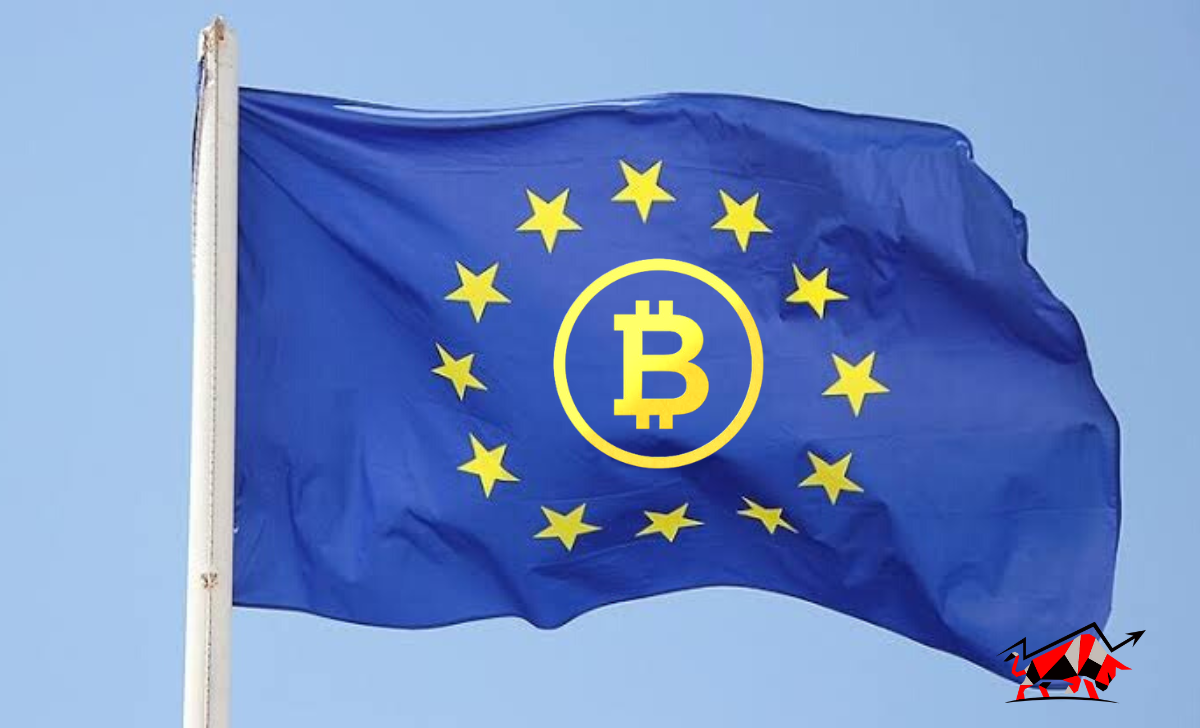The European Union’s Parliament has given its official approval to the MiCA crypto legislation. The approval comes around five months after the historic FTX debacle and is intended to safeguard investors from such failures.
The EU Parliament approved the new cryptocurrency licensing scheme – Market in Cryptoassets (MiCA) – by a vote of 517 to 38. It also endorsed a separate rule mandating digital asset operators to identify their clients when transferring monies in order to avoid money laundering.
The “travel rule,” which has been employed in traditional banking, will apply to cryptocurrency transactions, informing clients about the source of the assets and the beneficiary. It will also apply to transactions from crypto wallet addresses to private users worth more than €1,000 (about $1,100). It does not apply to person-to-person interactions.
The European Commissioner for Financial Stability, Financial Services, and the Capital Markets Union, Mairead McGuinness, commended the MiCA law as the world’s “first comprehensive crypto rules.” She stated that such guidelines are critical in light of the numerous crashes and scandals that rocked the sector last year.
The legislation on stablecoins is planned to go into force in July 2024, while the larger rules on crypto providers are slated to go into effect in January 2025.
Reactions of the Crypto Community to the MiCA Crypto Legislation
Several industry experts have warned in recent months that effective management of the crypto business is essential. Changpeng Zhao, CEO of Binance, often known as CZ, hailed the EU’s action in a recent tweet, stating that it provides more consumer protection and promotes asset class innovation.
CZ suggested that adjustments to the exchange would be implemented during the next 12-to-18 months in order to comply with the prospective new framework. Others criticized the US for appearing to lag behind in digital asset regulation, a move that might lure corporations to the EU with the adoption of MICA.


